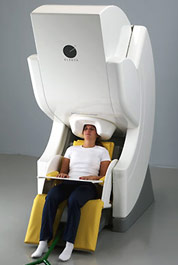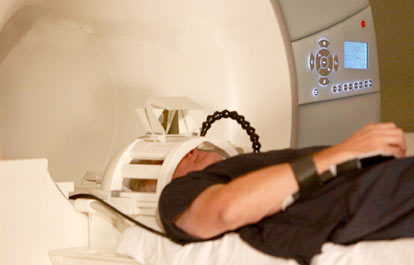

Developmental Chronnecto-Genomics //
Quantifying Brain Dynamics and Related Genetic Factors in Childhood
 Welcome to the Dev-CoG site, a project funded by the National Science Foundation’s (NSF’s) Experimental Program to Stimulate Competitive Research (EPSCoR)!
Welcome to the Dev-CoG site, a project funded by the National Science Foundation’s (NSF’s) Experimental Program to Stimulate Competitive Research (EPSCoR)!
The rapid development of the brain’s network architecture during childhood provides an unprecedented opportunity to gain a more complete understanding of the role of oscillatory behavior and network connectivity in normal brain functioning and cognitive development. New Mexico, Nebraska, and Louisiana have combined to create a consortium on developmental chronnecto-genomics (Dev-CoG), whose overarching goal is to advance understanding of childhood brain connectivity by developing new analytic approaches to study connectivity over brief and extended periods of time (the chronnectome), via multiple neuroimaging modalities, and in turn determine how their genetic underpinnings further influence this developmental trajectory.
This four year project is named “RII Track-2 FEC: Developmental Chronnecto-Genomics (Dev-CoG): A Next Generation Framework for Quantifying Brain Dynamics and Related Genetic Factors in Childhood,” and is led by Vince Calhoun and Julia Stephen at the Mind Research Network, Tony Wilson at the University of Nebraska Medical Center, and Yu-Ping Wang at Tulane University.
As a part of this project, the team will scan the brains of 230 children between the ages of 9 and 15, taking two to four scans of each over the four-year project using magnetic resonance imaging (MRI) and magnetoencephalography (MEG) and also collecting DNA. All three institutions will analyze and model various aspects of the data.
The project will also train students and junior faculty members to develop their expertise in several different areas of science. For those that are interested in learning how to participate, please see the links below which provide names and contact information for faculty from each of the three jurisdictions. For those interested in our interdisciplinary graduate program, see information about applying to our Graduate Training Program here. In addition, we offer a unique 10-week Summer Scholars Program for undergraduates who are interested in pursuing careers in science; information about that program can be found here.

